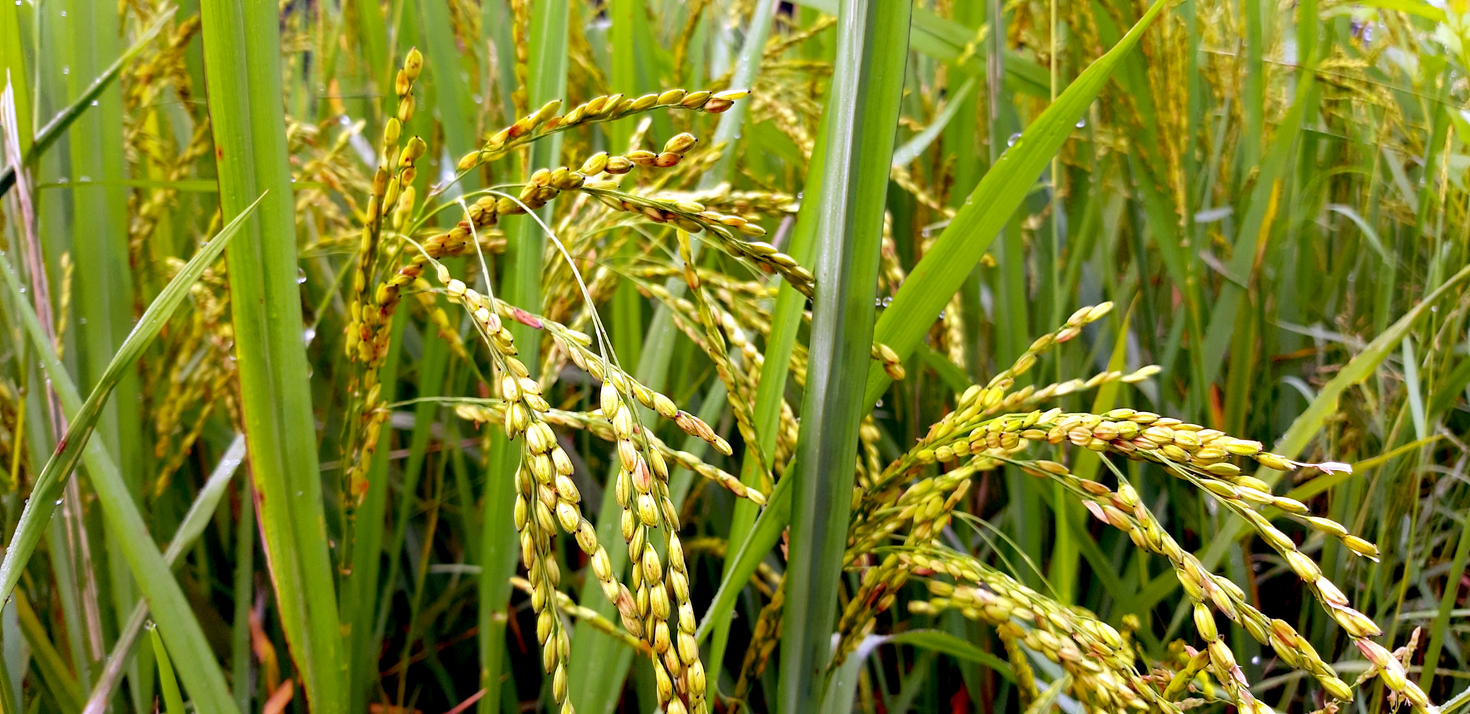
CRISPR Improves Resistance to Bacterial Blight in Rice
September 26, 2024| |
Scientists from the University of Missouri and Nanjing Agricultural University used CRISPR-Cas9 to edit the SWEET14 gene in rice plants and enhance resistance to bacterial blight. The results of the study are published in The Crop Journal.
One of the major threats in rice production is bacterial blight caused by Xanthomonas oryzae pathovar oryzae (Xoo). Developing rice varieties with resistance to bacterial blight is vital in advancing rice breeding programs and providing support to smallholder farmers. Thus, scientists have identified a key factor in Xoo's ability to infect rice: a protein called transcription activator-like effectors (TALes). TALes target specific genes in rice, including SWEET14, which is essential for the plant's health.
With the use of CRISPR-Cas9 system, the researchers have been able to edit SWEET14 gene in rice plants. This led to rice plants that are less susceptible to Xoo attack. By targeting the TALe binding site, they've effectively "disarmed" the bacteria's ability to attack the plant. No off-target effects were detected at predicted sites. Similarly, no evident impact on major agronomic characteristics of rice were observed.
Read more findings in The Crop Journal.| |
You might also like:
- Scientists Discover SWEET Genes to Fight Bacterial Blight
- Microalgae Protects Rice From Bacterial Blight
- Bacterial Blight Resistant Rice Developed thru Genome Editing
Biotech Updates is a weekly newsletter of ISAAA, a not-for-profit organization. It is distributed for free to over 22,000 subscribers worldwide to inform them about the key developments in biosciences, especially in biotechnology. Your support will help us in our mission to feed the world with knowledge. You can help by donating as little as $10.
-
See more articles:
-
Gene Editing Supplement (September 26, 2024)
-
Research and Tools
- CRISPR Increases Seed Protein Levels in Rice and Soybean
- Gene Editing Used to Increase Protein in Staple Crops to Alleviate Global Protein Shortage
- CRISPR Improves Resistance to Bacterial Blight in Rice
-
Policy Considerations and Approvals
- International Seed Federation Calls for Harmonized Regulations on New Breeding Technologies
-
Read the latest: - Biotech Updates (January 28, 2026)
- Gene Editing Supplement (January 28, 2026)
- Gene Drive Supplement (February 22, 2023)
-
Subscribe to BU: - Share
- Tweet

